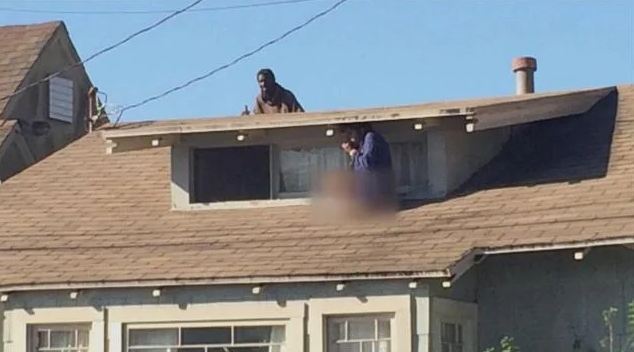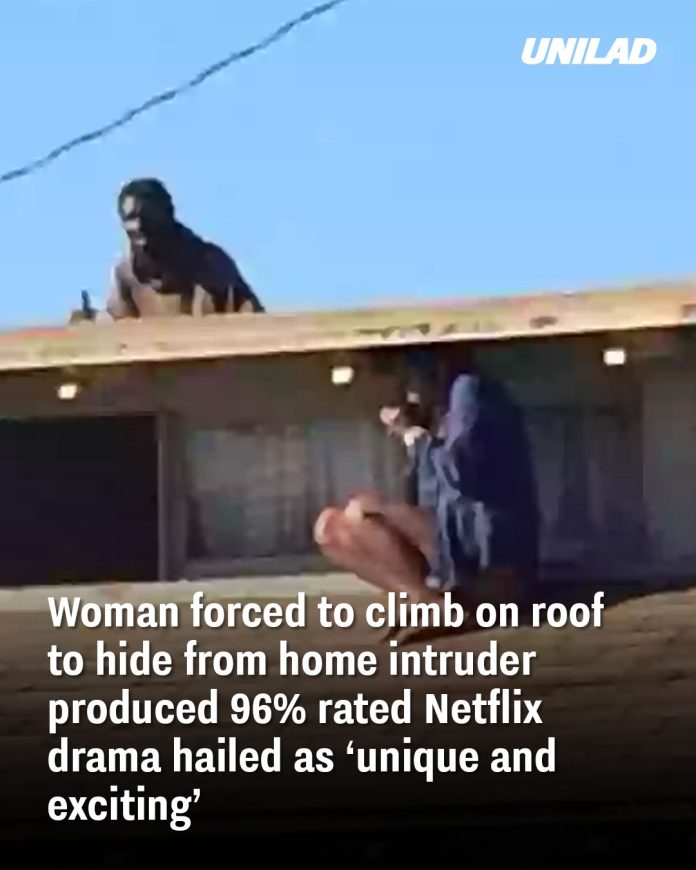Back in September 2014, filmmaker and producer Melora Rivera faced a harrowing ordeal when an intruder broke into her home in Venice, California. Terrified, she escaped through a window and climbed onto the roof only to find the intruder had followed her there.
Turning Trauma into Creative Expression
Four years later, Rivera transformed that intense event into the backdrop of a remarkable creative journey. She produced 20 episodes of Black Lightning, the acclaimed superhero drama now available on Netflix. The show centers on Jefferson Pierce—a retired crime fighter and charter school principal who returns to action to protect his family and community using his electrifying powers.

A Superhero Series That Electrifies Audiences
Black Lightning earned widespread acclaim—attaining an outstanding 96% approval rating for its first season on Rotten Tomatoes, based on critics’ reviews. Across all four seasons, the series maintains an impressive 92% average approval. Critics lauded its real-world narratives and emotional resonance, even as it delivered genre thrills. The consensus: “Black Lightning doesn’t reinvent superhero TV, but it does give the genre a necessary jolt with real-world plots, scary new villains, and a star-making performance from Cress Williams.”
Beyond Powers: Representation, Family, and Social Commentary
Black Lightning excels in weaving together action, social relevance, and representation. It features powerful portrayals of Black families and superheroes, including the groundbreaking character Anissa Pierce, one of TV’s first Black lesbian superheroes. The narrative dives into themes like police brutality, systemic inequality, and community resilience, offering substance alongside spectacle.
Critical Reception and Cultural Impact
From the moment Black Lightning premiered on The CW in January 2018, it stood apart from other superhero shows of its era. While series like The Flash and Arrow leaned heavily into comic-book spectacle, Black Lightning was unafraid to confront issues like gang violence, racial profiling, and political corruption. Critics praised the show’s ability to blend superhero action with grounded, socially conscious storytelling that resonated with audiences far beyond the typical comic-book fan base. The series also sparked conversations about diversity in entertainment. Jefferson Pierce’s family was depicted as intelligent, principled, and deeply connected to their community—an image that challenged negative stereotypes often portrayed in media. In interviews, Rivera highlighted that the series was “about more than powers; it’s about responsibility, representation, and hope.”
Streaming Success on Netflix
Since arriving on Netflix, Black Lightning has reached an even wider audience, introducing new viewers to its rich characters and layered plotlines. Fans have taken to social media to praise the show’s binge-worthy nature and strong emotional arcs. The platform’s global reach has helped the series gain popularity in regions where it was previously unavailable, further cementing its place as a standout in modern superhero television.

Rivera’s Next Chapter
While Rivera’s work on Black Lightning is a significant milestone, she has hinted at developing future projects that continue to merge entertainment with meaningful social commentary. Drawing from her own life experiences—including the 2014 home invasion—Rivera aims to tell stories that inspire strength in adversity. Her journey from survivor to award-nominated producer is a testament to perseverance and the power of creative storytelling.

















